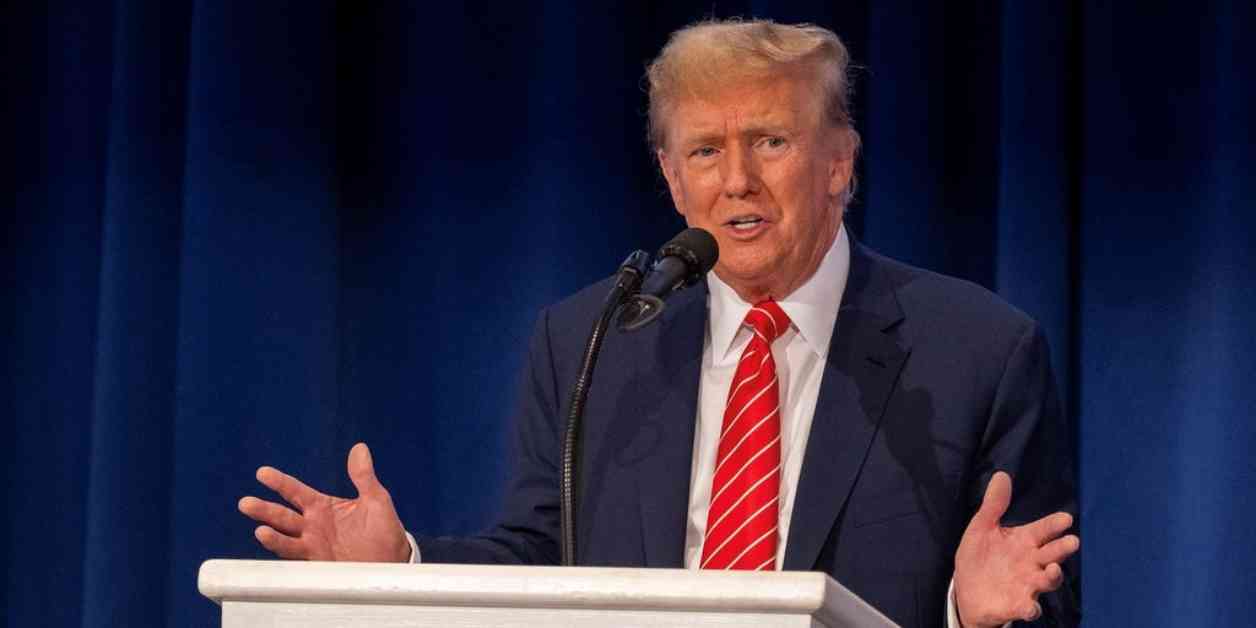This week, the Connecticut Bar Association (CBA) issued a warning to its members about criticizing the prosecutions of former President Donald Trump. The statement from the bar leadership urged lawyers to refrain from making comments that could be viewed as “dangerous rhetoric” and emphasized the importance of public support for legal proceedings like the one in Manhattan.
The letter from the CBA highlighted the need for caution in discussing cases involving public figures, noting that certain comments could be seen as crossing the line from criticism to potentially inciting violence. The bar association specifically mentioned that making analogies to show trials or questioning the integrity of the legal system or judges could be considered reckless and unprofessional.
While the CBA’s message focused on defending the integrity of the judicial system, some lawyers believe that criticism of certain judges, like Judge Juan Merchan in the Trump case, is warranted. Many have expressed concerns about potential conflicts of interest and bias in high-profile cases involving political figures.
Despite the warning from the CBA, some lawyers argue that it is essential to speak out against what they see as political prosecutions and the weaponization of the legal system. They believe that maintaining public trust in the courts requires holding judges and prosecutors accountable for their actions.
The letter from the CBA has sparked a debate among legal professionals about the balance between free speech and the need to uphold the integrity of the judicial system. While criticism is a fundamental part of public discourse, the bar association’s warning has raised questions about where to draw the line between legitimate criticism and dangerous rhetoric that could undermine faith in the legal system.
Ultimately, the issue of how lawyers should navigate discussions about high-profile legal cases remains a complex and contentious topic. As the legal community grapples with these challenges, it is crucial to uphold the principles of free speech while also promoting respect for the rule of law and ensuring the fair administration of justice.


















